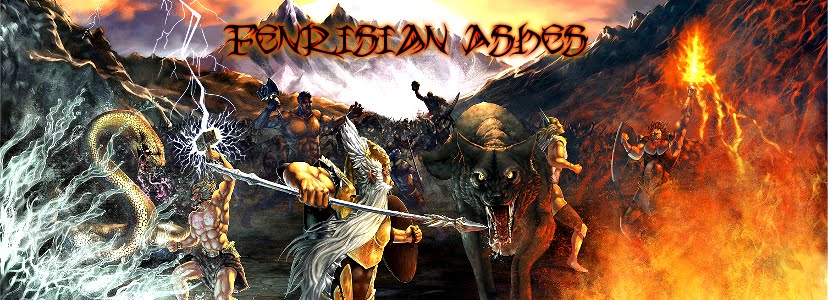I've watched three movies recently - Inception, Donnie Darko, and Sherlock Holmes. And between them, I started wondering: why are they good? What aspect of the stories grabbed me?
Inception is a good movie - I'll stick my head out and say that right now. I thoroughly enjoyed it. However, I can accept that the storyline, from an objective point of view, is a bit iffy. The opening is confusing, there are plenty of holes, and the overall plot isn't exactly The Usual Suspects. So I can see why some critics were not big fans.
But it's not meant to be viewed objectively. You could argue that no movie is. If you're viewing it objectively, you're not suspending your disbelief, at which point, you might as well go home and forget it. Perhaps I'm overly forgiving of movies; I can enjoy almost anything (within my preferred genres) on the first viewing. I even thought Alien vs Predator: Requiem was good on my first viewing (subsequently I realised that it is, in fact, a steaming pile of buffalo droppings), and to date, there is only one movie which I genuinely found it hard to get through without mocking it (David Lynch's version of Dune). I still consider the 1998 version of Godzilla to be fun. (However, the film adaptation of Eragon, and to a lesser extent, Alien Resurrection, shall not be mentioned on pain of contempt.)
Which is, I suppose, the point - so long as I enjoy it, I don't have a great deal of time for intense debate about a movie's failings.
But I digress. The original point is that Inception is not a popcorn movie. The story is thoughtful, and most importantly, consistent. It keeps you inside, and it keeps you wanting to find out what happens next.
Thus, lesson the first: a story does not necessarily have to be perfect to be gripping.
Donnie Darko is an intensely weird film. Most films you can pin a genre on. Thriller, horror, sci-fi, fantasy, romance - they're fairly good labels. Donnie Darko doesn't seem to fit into them. By the presentation, you might think it's a horror movie - but there are no shocks or jumps, although some parts are somewhat freaky. The best I can come up with is 'drug-induced science fiction'.
Part of the reason that it's hard to define is that it makes no sense. Zero. You can watch it over and over, and things still don't seem to quite fit together. But somehow, it doesn't matter. It makes you think, and somehow accept that it's a strange tour of something beyond comprehension.
Thus, lesson the second: a story does not have to answer all its own questions.
And then Sherlock Holmes. I'm something of a devotee of the original Arthur Conan Doyle novels, and I care not what certain critics say: I thought it was true to the original tales in the parts that matter. That is, it felt like it had been written backwards.
I've discussed this with people, and they agree: Conan Doyle must have written the endings of the Sherlock Holmes stories first. It's the only way that he could have worked out exactly what clues to scatter where through the main narrative. And certainly, every clue in the movie matches up precisely, with not one little hint wasted. And yet they just pass you by, because they're such little things...
Thus, lesson the third: a story does not have to be overly complex to be smart.
With any luck, these little insights will be of interest...
So until tomorrow, dear readers... they call me the wild rose.

No comments:
Post a Comment